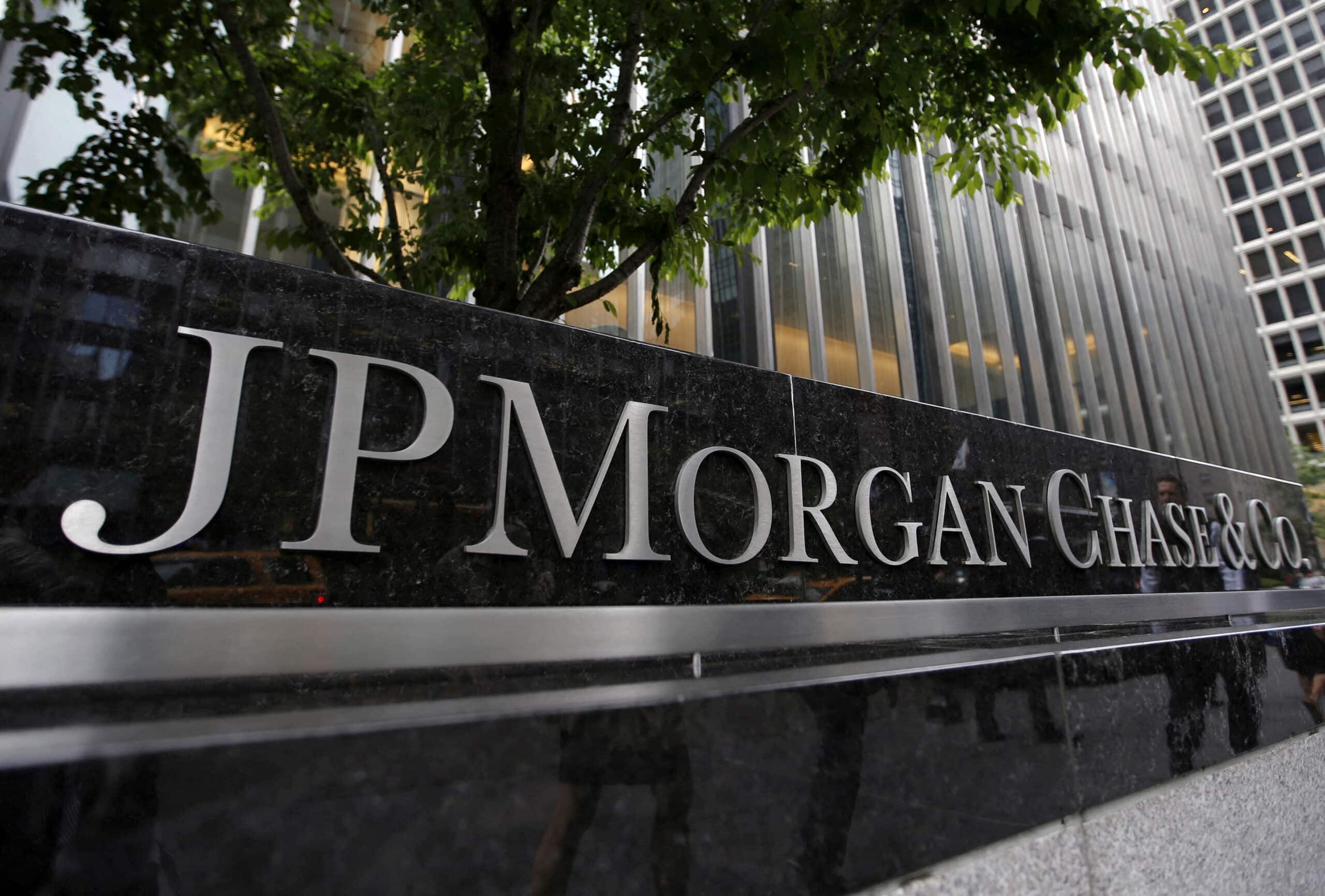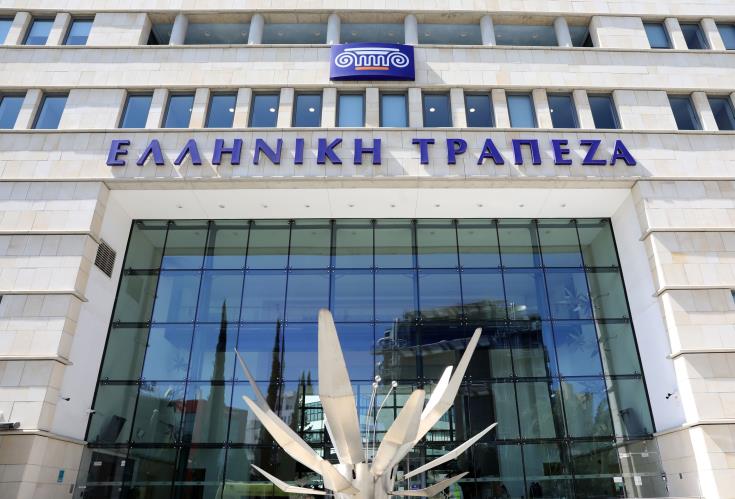JPMorgan Chase Reports Increased Profits Amid Economic Uncertainty
In a recent financial update, JPMorgan Chase, the largest U.S. bank by assets, disclosed a 6 percent rise in profit for the first quarter. Despite this increase, the bank’s shares experienced a downturn following its net interest income (NII) forecast, which fell short of analysts’ projections. High borrowing costs have traditionally allowed banks to enhance their NII—the earnings from loans minus payouts for deposits. JPMorgan’s acquisition of the failed First Republic Bank last May significantly bolstered its loan portfolio and, consequently, its interest income.
CEO Jamie Dimon maintained a cautious stance regarding the bank’s outlook, acknowledging favorable economic indicators while also expressing vigilance over “significant uncertain forces.” These include global conflicts, inflationary pressures, and the effects of quantitative tightening. The bank has set its full-year NII expectation at $89 billion, subject to market conditions, a slight increase from an earlier $88 billion estimate but below the anticipated $90.68 billion.
Despite a pre-market share price dip of 2 percent, industry analysts have described JPMorgan’s quarterly performance as “solid.” Octavio Marenzi, CEO of Opimas, noted the bank’s financials as “very encouraging,” with a rise in non-interest expenses being the sole drawback. The bank also allocated $725 million to replenish a government deposit insurance fund, significantly less than the $3 billion reserved at the end of the previous year.
While some banking peers are reducing their workforce, JPMorgan has expanded its employee base by approximately 2,000, bringing the total to 311,921—a 5 percent increase from the previous year. The bank reported a profit of $13.42 billion for the quarter ending March 31, with NII up 11 percent to $23.2 billion. Even without the First Republic impact, NII was still 5 percent higher than the previous year.
Trading revenue saw a decline of 5 percent to $8 billion, with fixed income, currency, and commodities (FICC) trading down by 7 percent and equities remaining steady. Investment banking revenue, however, climbed by 27 percent to $2 billion, driven by increased fees from debt and stock underwriting.
The spotlight has also been on JPMorgan’s succession planning following new CEO appointments at Morgan Stanley and Lazard. The bank’s board has identified potential successors to Dimon, including Jennifer Piepszak and Troy Rohrbaugh, recently named co-CEOs of JPMorgan’s commercial and investment bank, and Marianne Lake, CEO of consumer and community banking. Brian Mulberry of Zacks Investment Management commented on the speculation surrounding Dimon’s future, stating that there is no current indication of an imminent departure or acceptance of a Cabinet position in a new administration.






